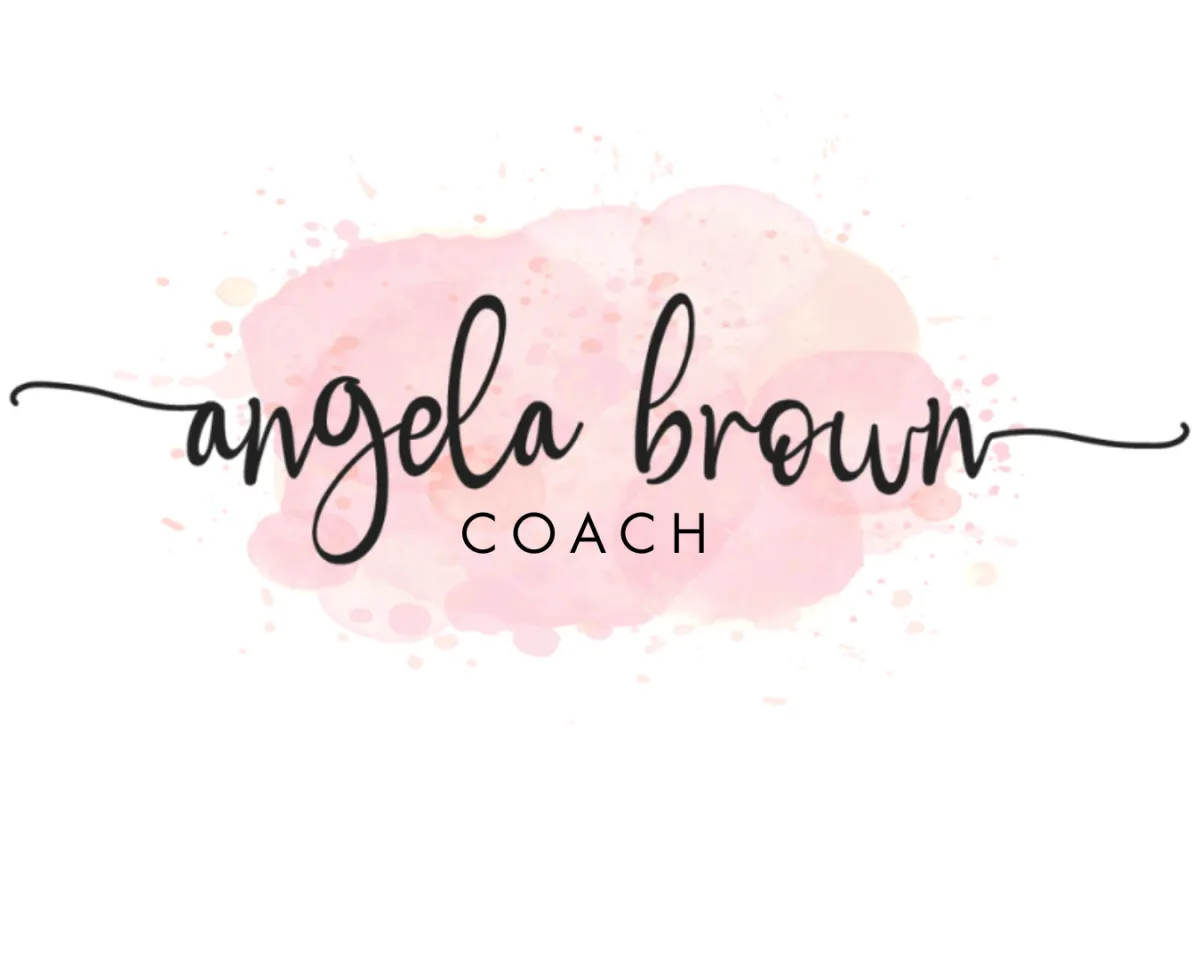READ UP ON THE LATEST HORMONE AND THYROID NEWS!

3 things to stop saying to women with hypothyroidism
When you’re dealing with a slow thyroid and ALL the symptoms that come with it, it can already feel so awful.
What you need is a support team of people who will listen, take you and your symptoms seriously, and try to help your healing journey, whatever that means for you.
But unfortunately, that’s not always the case. Whether it’s a doctor who doesn’t listen, or friends and family who say the wrong thing, any time you have someone who is not being supportive (whether they mean to, or not!), it can make your healing journey so, so much harder.
This blog post is here for anyone who may have someone in their life who is struggling with hypothyroidism. I wrote this to help you understand what someone living with hypothyroidism is going through to show how you can support their healing.
So, here are three things you should never say to a woman who is dealing with a slow thyroid.
It’s all in your head!
Yeah, this is a hard no.
Common symptoms of hypothyroidism in women include fatigue, weight gain, hair loss, always feeling cold, anxiety and depression, brain fog, and so much more.
The fact that a slow thyroid impacts so many parts of the body shows that it’s not fake, we’re not imagining things, it’s not a mental condition (though mental health challenges can be part of those symptoms).
Hypothyroidism is real. It’s estimated that 5% of all Americans over the age of 12 have it (whether they’re diagnosed, or not).
Doctors should be listening to patients with these symptoms, and family and friends shouldn’t be dismissive.
Stress has a huge impact on thyroid health, and if our loved ones are telling us we’re imagining things, that can be a big stressor.
Instead of saying “it’s all in your head”, try saying “I’m sorry you’re feeling like this! Is there anything I can do to help?”
2. You look like you feel fine!
This one is kind of a backhanded compliment. While may women try to use gratitude and positivity to support their healing journeys, just because they appear okay or sound really happy, doesn’t necessarily mean they’re feeling like themselves.
Saying this may mean that you’re trying to be encouraging - and she’ll appreciate that!! - but there are better ways to communicate your support.
Instead of saying “you look like you feel fine”, say “I really admire how positive you sound even though you’re on this health journey.”
3. Just exercise more or eat more veggies!
Again, this can feel very dismissive.
Before you say this to a woman with hypothyroidism, first ask yourself: are you qualified to be giving this type of advice? If not, try to be encouraging in another way.
If you are, but you’re dismissing her symptoms, remember that yes, exercise and healthy eating are certainly part of a thyroid-friendly lifestyle, but they’re not the only solutions.
She might need medication, further testing, or something else completely. The thyroid is impacted by so many different factors, and every woman’s journey to thyroid health is different. There’s not a single, cookie cutter approach!
Instead of saying “just exercise more or eat more veggies”, try to understand what’s causing her symptoms and treating those. Or, if you’re not the one diagnosing her, try saying “are there changes that I can make that can help your healing?”
For those of you who know a woman living with hypothyroidism, I promise that if you’re encouraging, supportive and listen to her, she will appreciate that so much.
If you are that woman living with hypothyroidism, ignore the negative talk! Keep digging for answers and remember: you know your own body better than anyone.

3 things to stop saying to women with hypothyroidism
When you’re dealing with a slow thyroid and ALL the symptoms that come with it, it can already feel so awful.
What you need is a support team of people who will listen, take you and your symptoms seriously, and try to help your healing journey, whatever that means for you.
But unfortunately, that’s not always the case. Whether it’s a doctor who doesn’t listen, or friends and family who say the wrong thing, any time you have someone who is not being supportive (whether they mean to, or not!), it can make your healing journey so, so much harder.
This blog post is here for anyone who may have someone in their life who is struggling with hypothyroidism. I wrote this to help you understand what someone living with hypothyroidism is going through to show how you can support their healing.
So, here are three things you should never say to a woman who is dealing with a slow thyroid.
It’s all in your head!
Yeah, this is a hard no.
Common symptoms of hypothyroidism in women include fatigue, weight gain, hair loss, always feeling cold, anxiety and depression, brain fog, and so much more.
The fact that a slow thyroid impacts so many parts of the body shows that it’s not fake, we’re not imagining things, it’s not a mental condition (though mental health challenges can be part of those symptoms).
Hypothyroidism is real. It’s estimated that 5% of all Americans over the age of 12 have it (whether they’re diagnosed, or not).
Doctors should be listening to patients with these symptoms, and family and friends shouldn’t be dismissive.
Stress has a huge impact on thyroid health, and if our loved ones are telling us we’re imagining things, that can be a big stressor.
Instead of saying “it’s all in your head”, try saying “I’m sorry you’re feeling like this! Is there anything I can do to help?”
2. You look like you feel fine!
This one is kind of a backhanded compliment. While may women try to use gratitude and positivity to support their healing journeys, just because they appear okay or sound really happy, doesn’t necessarily mean they’re feeling like themselves.
Saying this may mean that you’re trying to be encouraging - and she’ll appreciate that!! - but there are better ways to communicate your support.
Instead of saying “you look like you feel fine”, say “I really admire how positive you sound even though you’re on this health journey.”
3. Just exercise more or eat more veggies!
Again, this can feel very dismissive.
Before you say this to a woman with hypothyroidism, first ask yourself: are you qualified to be giving this type of advice? If not, try to be encouraging in another way.
If you are, but you’re dismissing her symptoms, remember that yes, exercise and healthy eating are certainly part of a thyroid-friendly lifestyle, but they’re not the only solutions.
She might need medication, further testing, or something else completely. The thyroid is impacted by so many different factors, and every woman’s journey to thyroid health is different. There’s not a single, cookie cutter approach!
Instead of saying “just exercise more or eat more veggies”, try to understand what’s causing her symptoms and treating those. Or, if you’re not the one diagnosing her, try saying “are there changes that I can make that can help your healing?”
For those of you who know a woman living with hypothyroidism, I promise that if you’re encouraging, supportive and listen to her, she will appreciate that so much.
If you are that woman living with hypothyroidism, ignore the negative talk! Keep digging for answers and remember: you know your own body better than anyone.

CALL US TODAY! (314) 226-3137
Content, including images, displayed on this website is protected by copyright laws. Downloading, republication, retransmission or reproduction of content on this website.

